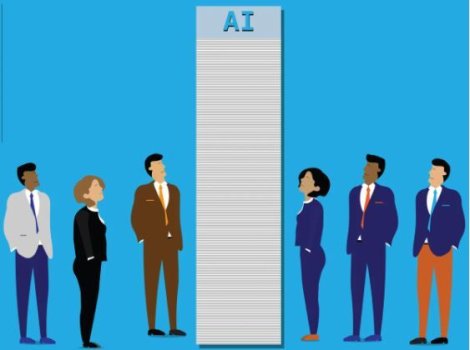Depending on whom you ask, artificial intelligence may someday rank with fire and the printing press as technology that shaped human history. The jobs AI does today—carrying out our spoken commands, curing disease, approving loans, recommending who gets a long prison sentence, and so on—are nothing compared to what it might do in the future.
But who is drawing the roadmap? Who's making sure AI technologies are used ethically and for the greater good? Big tech companies? Governments? Academic researchers? Young upstart developers? Governing AI has gotten more and more complicated, in part, because hidden in the AI revolution is a second one. It's the rise of open-source AI software—code that any computer programmer with fairly basic knowledge can freely access, use, share and change without restriction. With more programmers in the mix, the open-source revolution has sped AI development substantially. According to one study, in fact, 50 to 70 percent of academic papers on machine learning rely on open source.
And according to that study, from The Brookings Institution, policymakers have barely noticed.
"Open-source software quietly affects nearly every issue in AI policy, but it is largely absent from discussions around AI policy," writes Alex Engler, a fellow in governance studies at Brookings and the author of the report.
Continue reading: https://spectrum.ieee.org/open-source-ai
But who is drawing the roadmap? Who's making sure AI technologies are used ethically and for the greater good? Big tech companies? Governments? Academic researchers? Young upstart developers? Governing AI has gotten more and more complicated, in part, because hidden in the AI revolution is a second one. It's the rise of open-source AI software—code that any computer programmer with fairly basic knowledge can freely access, use, share and change without restriction. With more programmers in the mix, the open-source revolution has sped AI development substantially. According to one study, in fact, 50 to 70 percent of academic papers on machine learning rely on open source.
And according to that study, from The Brookings Institution, policymakers have barely noticed.
"Open-source software quietly affects nearly every issue in AI policy, but it is largely absent from discussions around AI policy," writes Alex Engler, a fellow in governance studies at Brookings and the author of the report.
Continue reading: https://spectrum.ieee.org/open-source-ai

